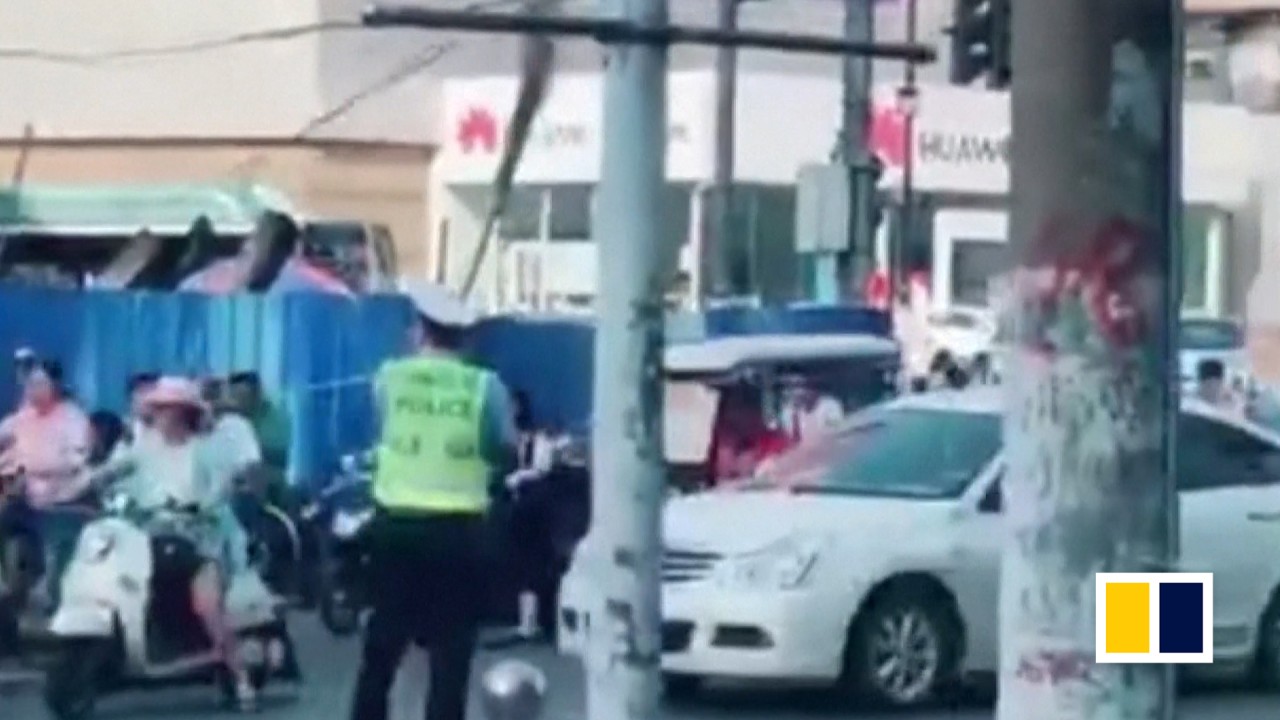
Are foreclosed homes the answer for Hongkongers priced out of the world’s most expensive property market?
- Foreclosed properties, sometimes discounted by up to 20 per cent, are rising in number as the property market tanks
- The discounts, however, do come with potential risks that could increase the overall cost, say property analysts
The Hong Kong Monetary Authority (HKMA) in mid-December raised the city’s base rate by 50 basis points to 4.75 per cent, close to the 5 per cent record last seen in January 2008.
It is expected there will be interest rate hikes in the first quarter of 2023.
So far, there are no favourable factors that are likely to stabilise the falling market, so the number of foreclosures is likely to keep rising, he said.
The number of foreclosed properties rose to 230 at the beginning of December, the most in 13 years, according to Centaline. Recently, some banks have begun to cut the prices of their foreclosed properties to attract customers.
At present, about 30 per cent of foreclosed properties in Hong Kong are being listed at reduced prices. Asking prices are at least 20 per cent below market value in the more extreme cases, Centaline said.
For example, this month a 618 square foot unit in Ma On Shan’s Sunshine City was sold for HK$7.05 million, nearly 10 per cent below its bank valuation of HK$7.8 million. A 694 sq ft foreclosed village house in Sai Kung was recently on the market for HK$5.2 million, a 21 per cent discount from its previous price tag of HK$6.55 million in November, according to Centaline.
The bigger discounts tend to come if a property fails to sell for a long time, or doesn’t have a title deed or has illegal structures, Cheng said.
Buyers of such foreclosed properties are usually required to agree not to abandon the purchase even if they discover a problem during the process, Au said. Buyers should also be aware of whether the property comes with outstanding management fees, the number of creditors involved with the property and who holds the title deed.
“It’s not a good idea to rush into as if you’re shooting a movie and suddenly raise your hand during an auction,” Cheng said.
While such properties have fallen in value, their decline has lagged that of the broader market, which may make them less attractive than regular listings, he said.
The Centa-City Leading Index, a gauge of lived-in home prices compiled by Centaline Property Agency, has declined 18 per cent since its peak of 191.34 in early August 2021.
Prices of lived-in homes remain weak too, according to the Centa Valuation Index (CVI), a weekly gauge that tracks major banks’ valuations of used properties in 138 housing estates, compiled by Centaline.
It fell to 1.99 out of 100 in the week ended December 25, having languished below 10 for 14 consecutive weeks. A CVI below 40 indicates a bearish view of the market and a downward trend in home prices, while one above 60 points indicates a bullish trajectory.
The increase in the number of foreclosed properties comes as the government downgraded its full-year economic forecast from between 0.5 per cent growth and 0.5 per cent contraction to a 3.2 per cent drop, citing a deteriorating external environment and the Covid-19 pandemic.



